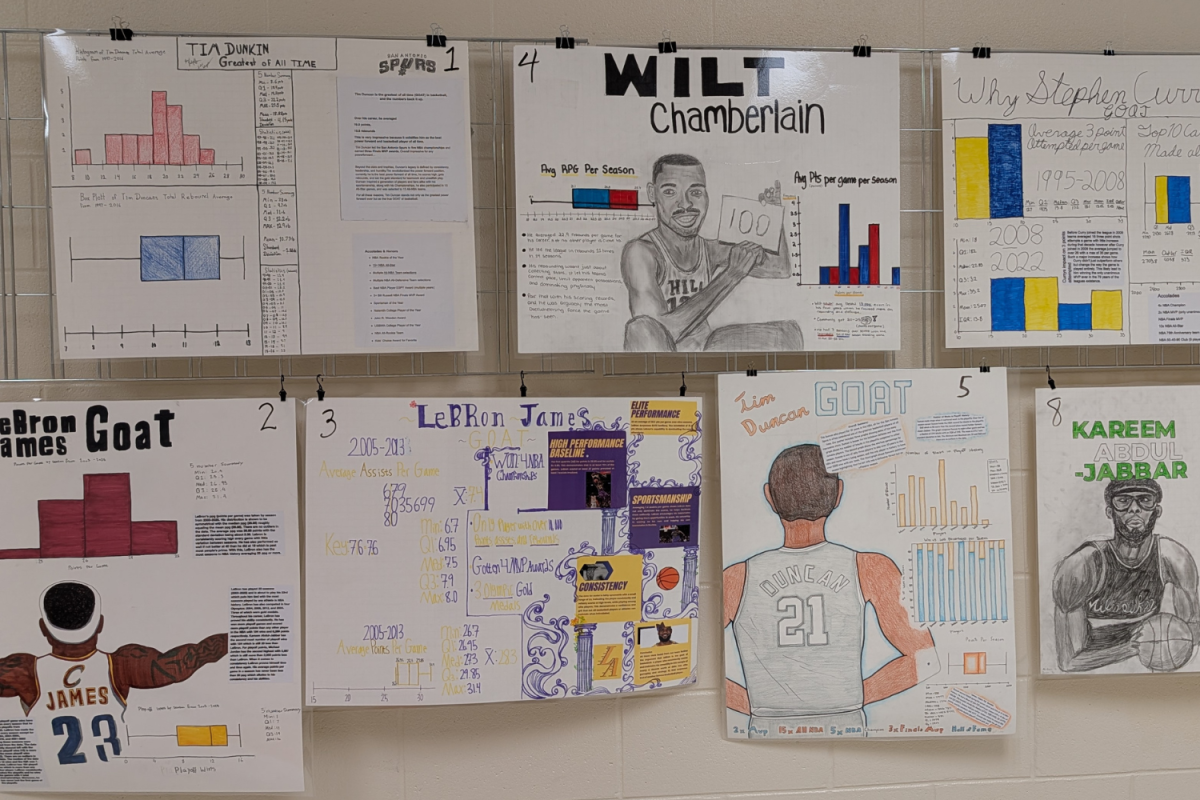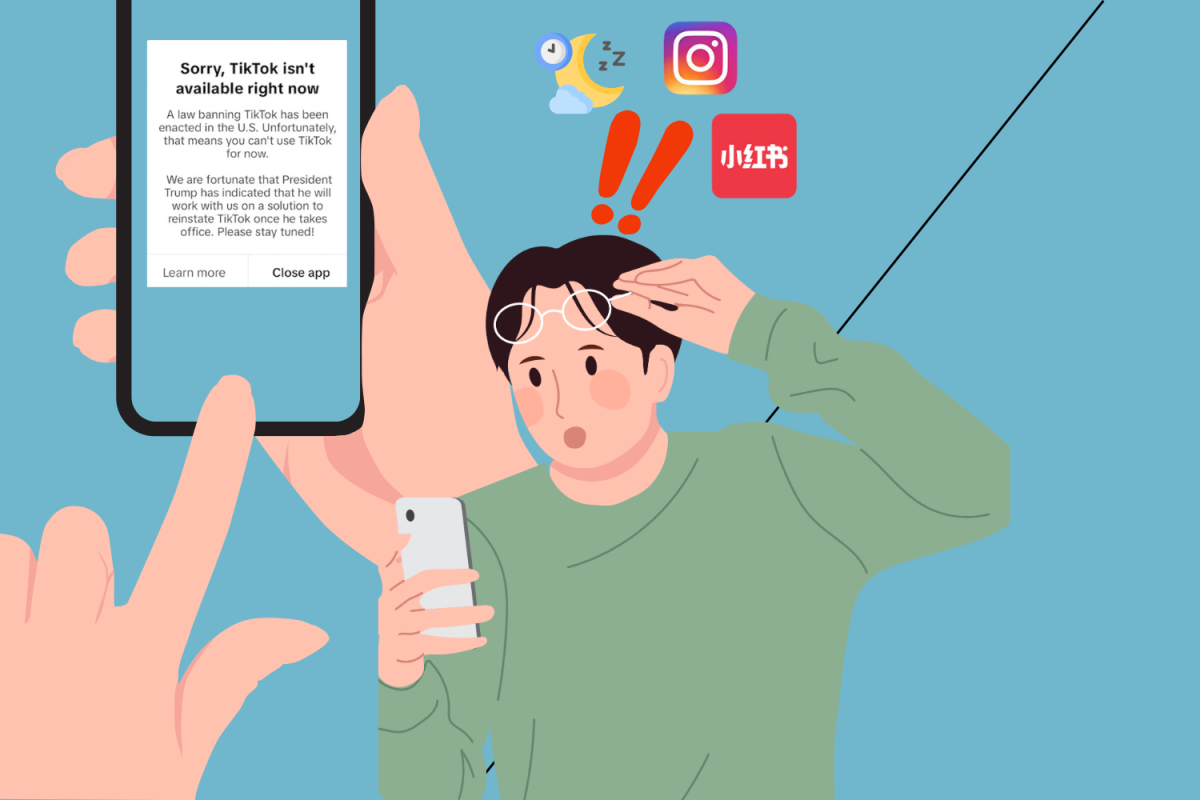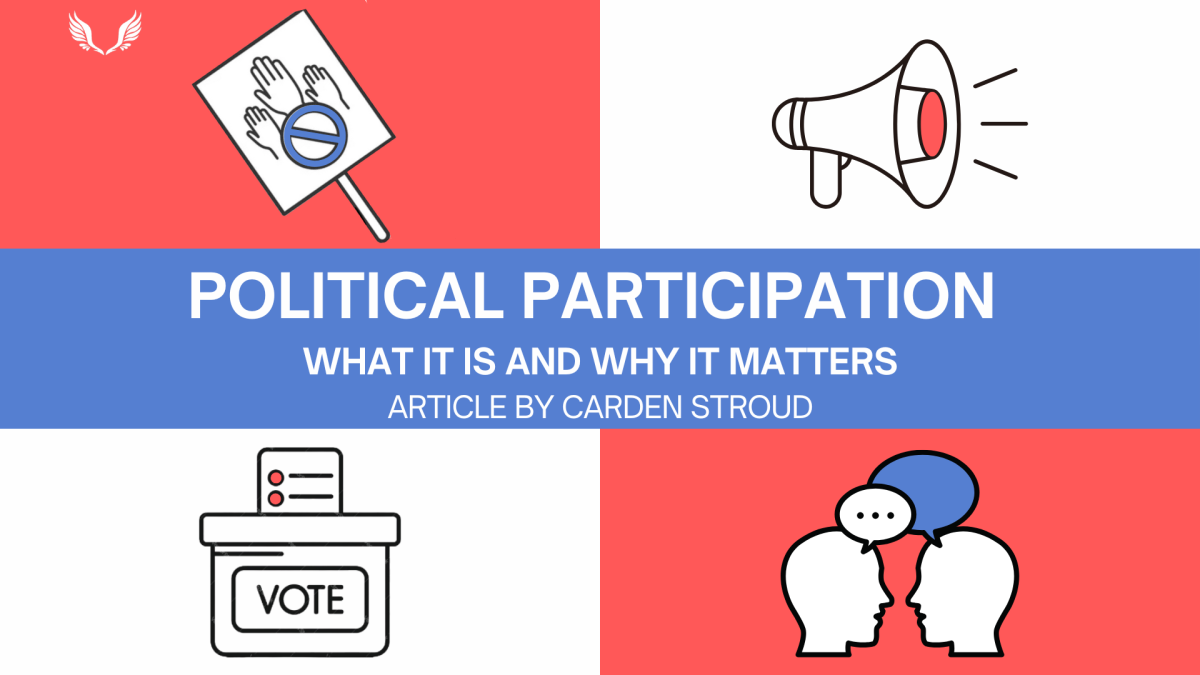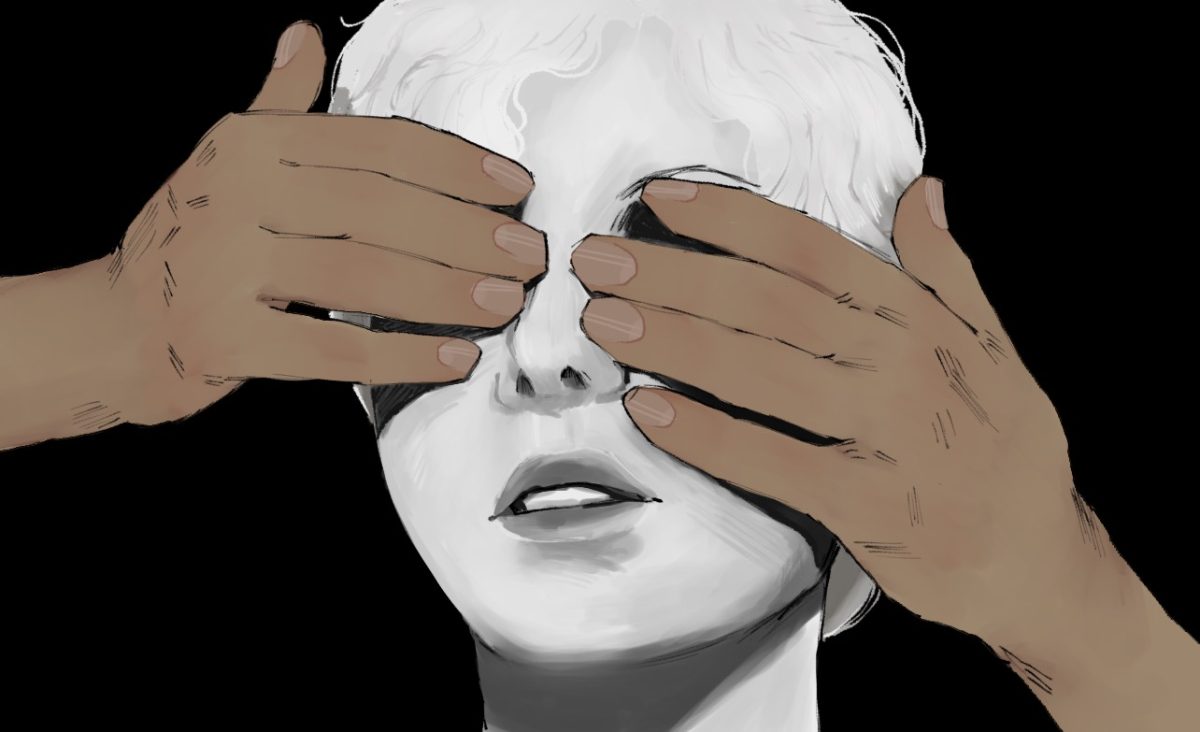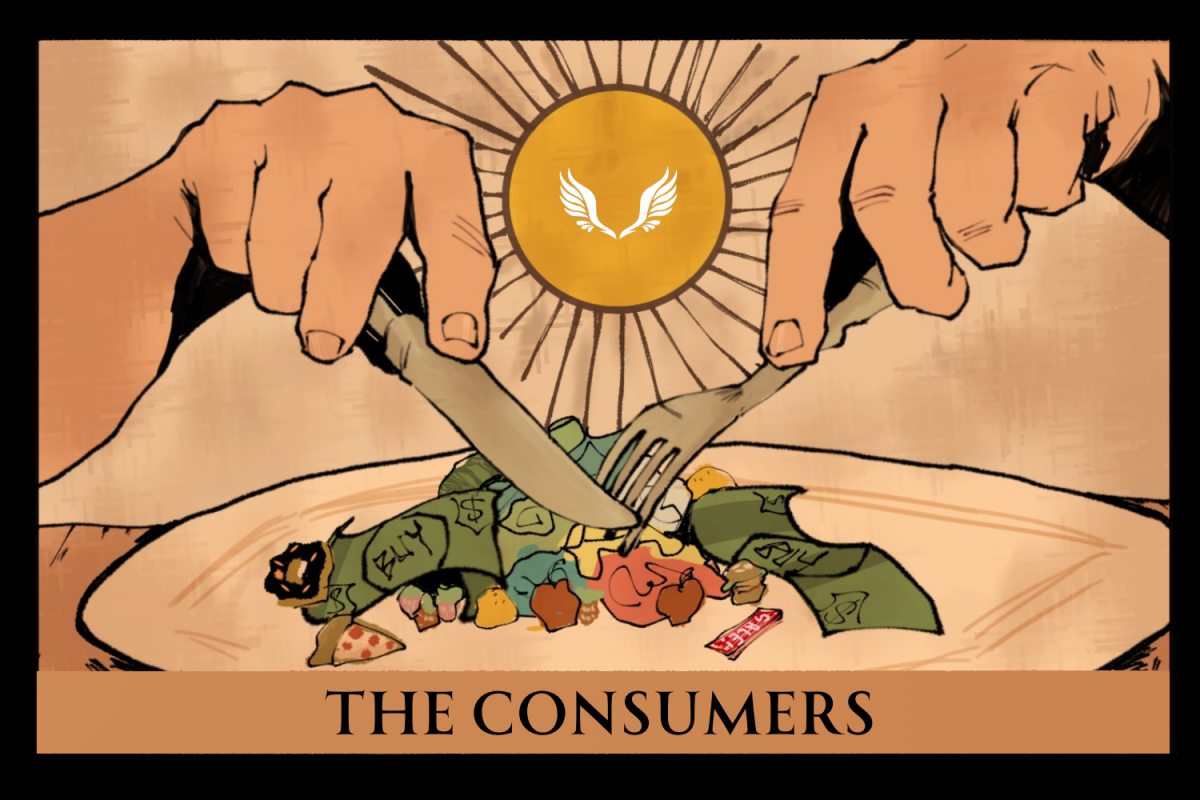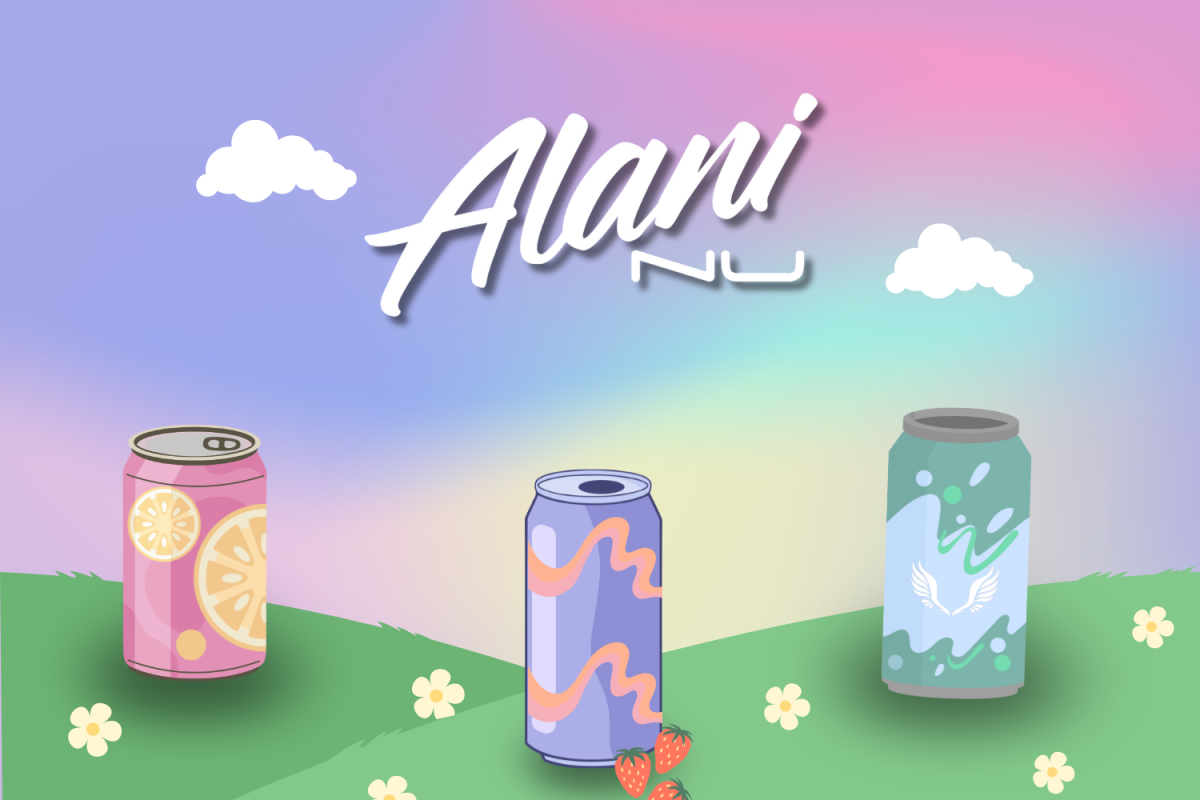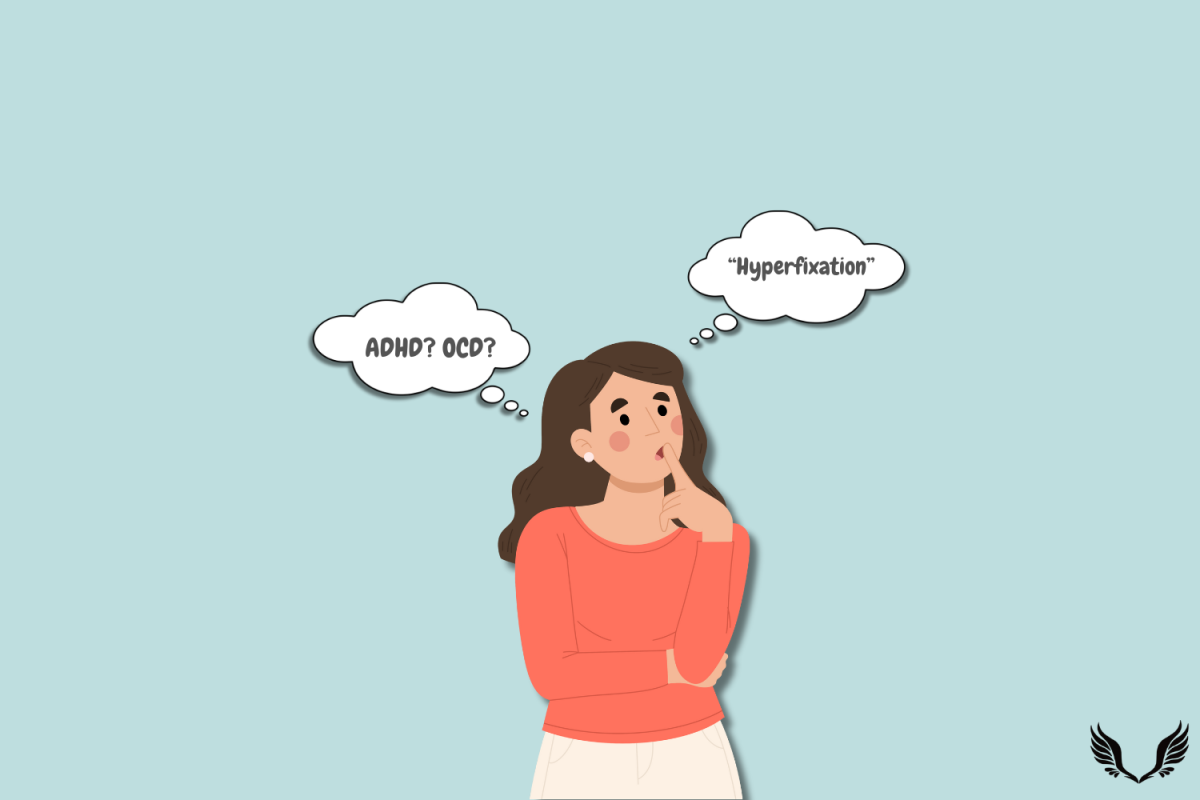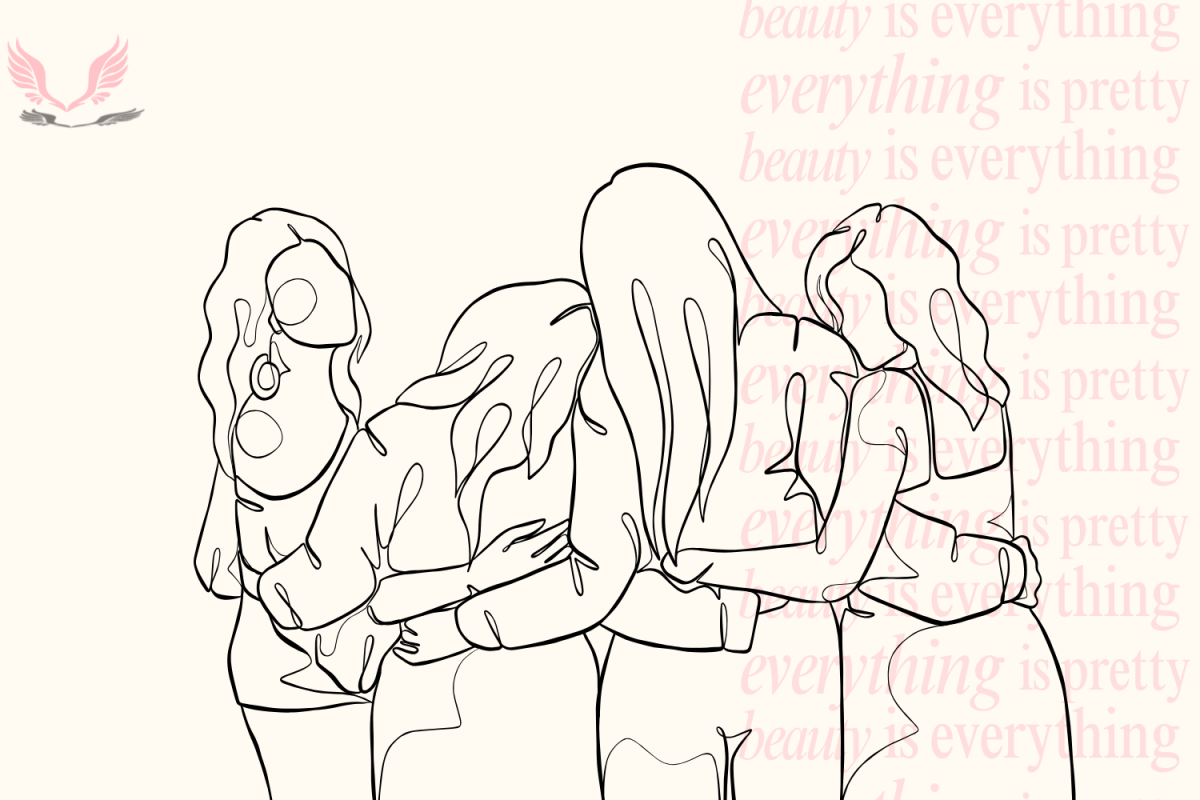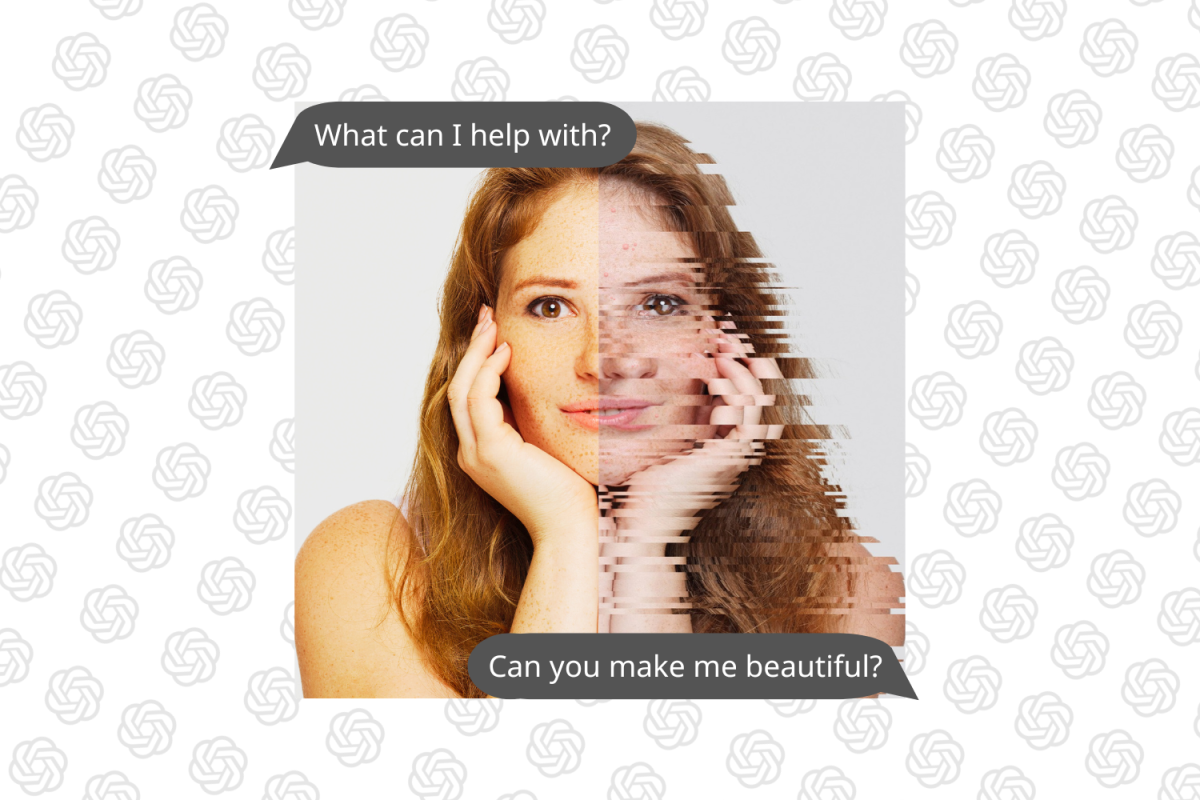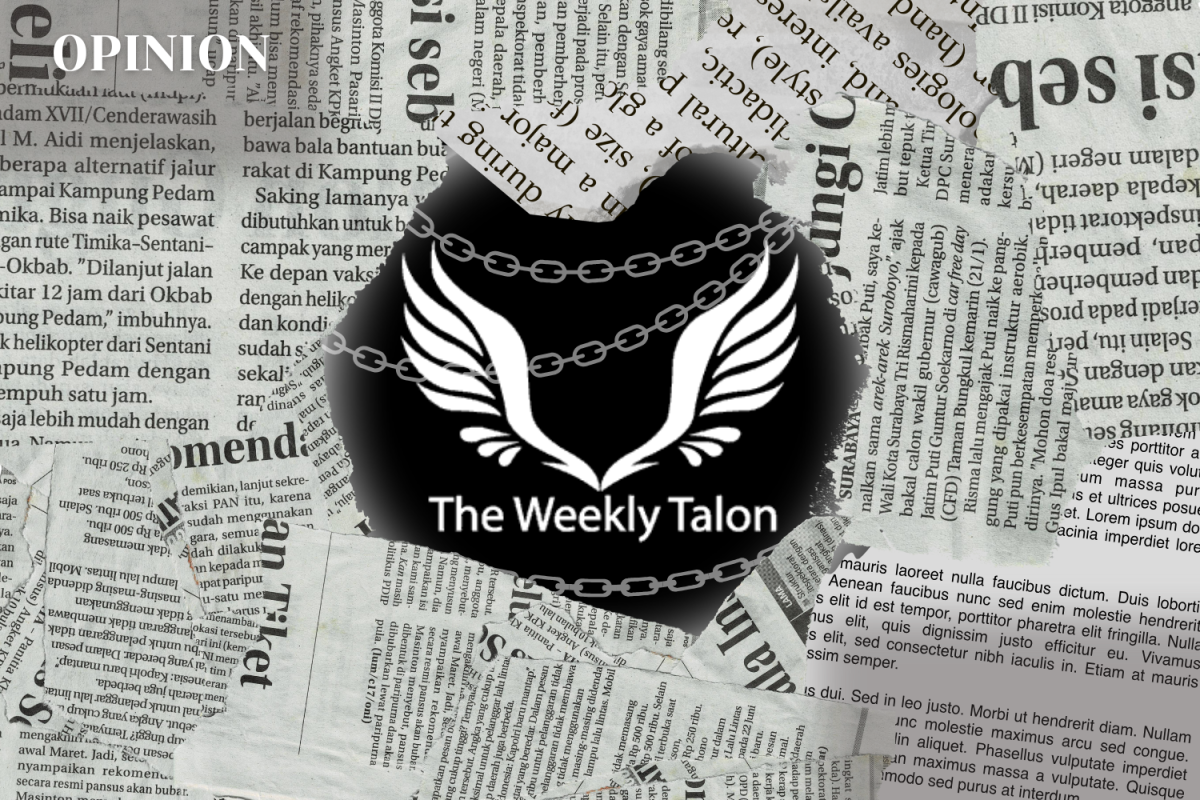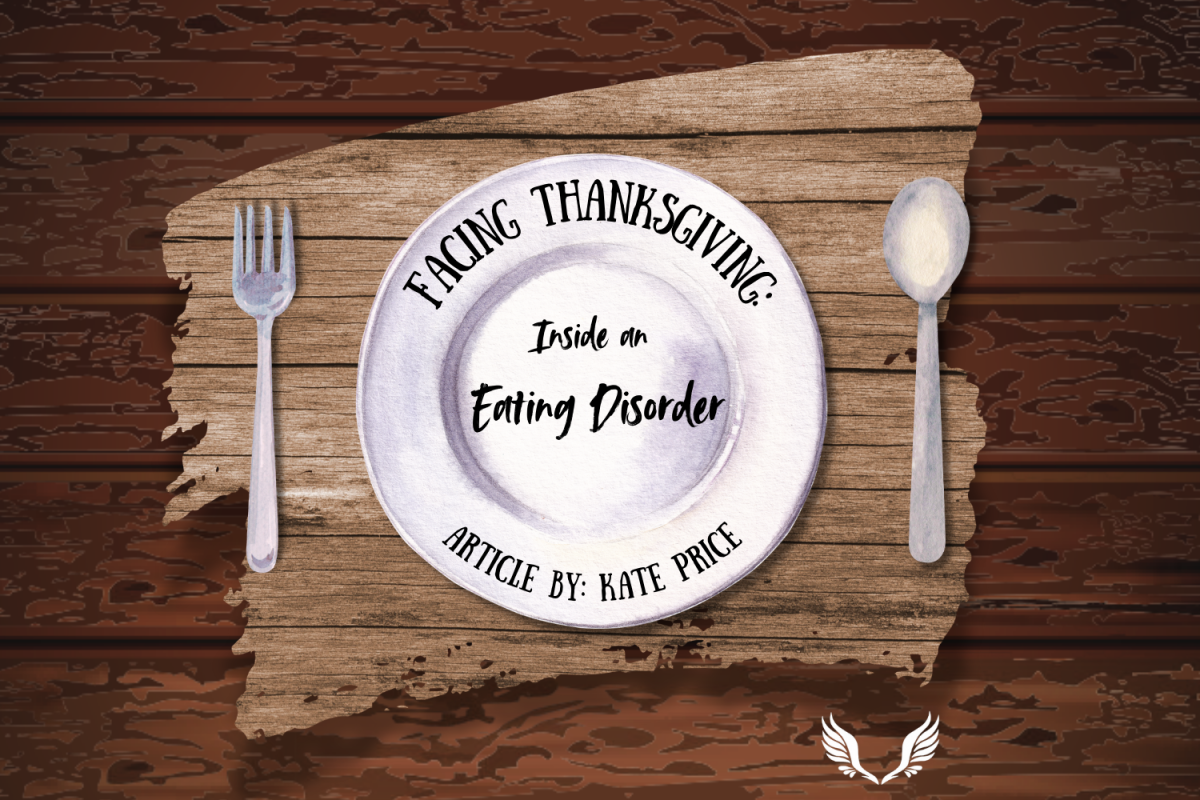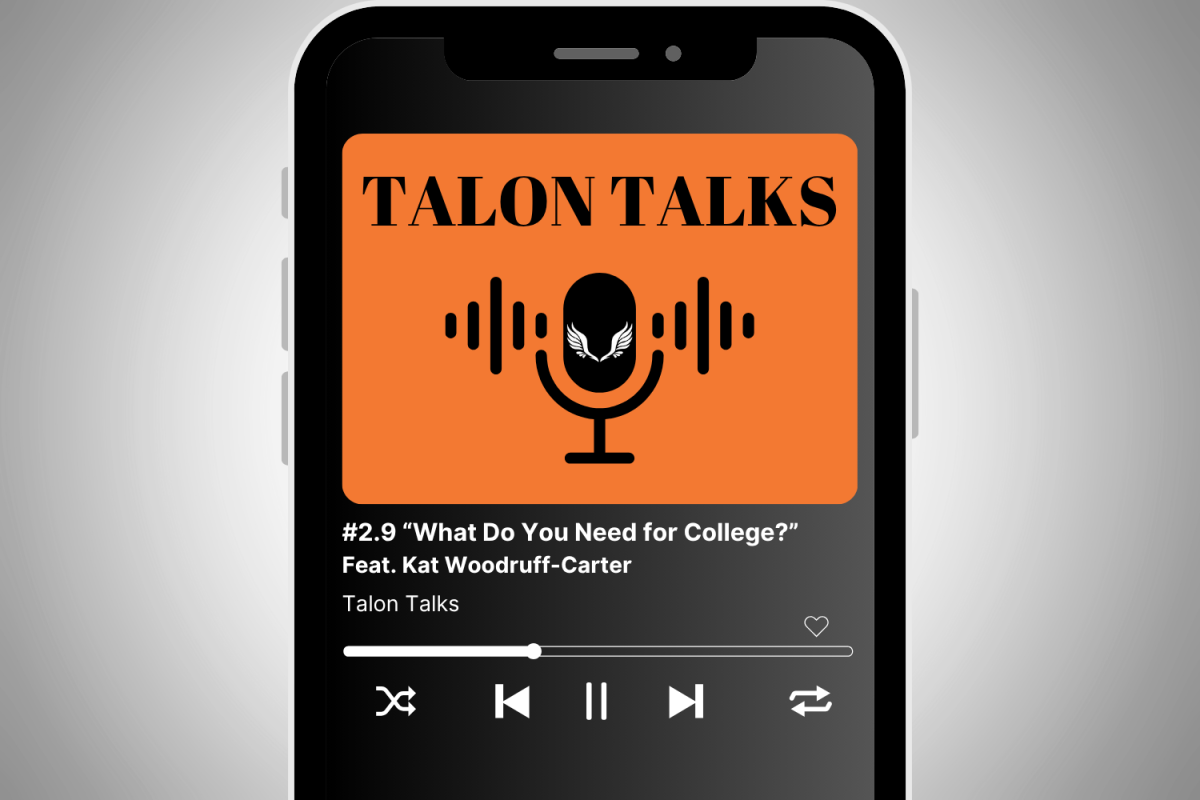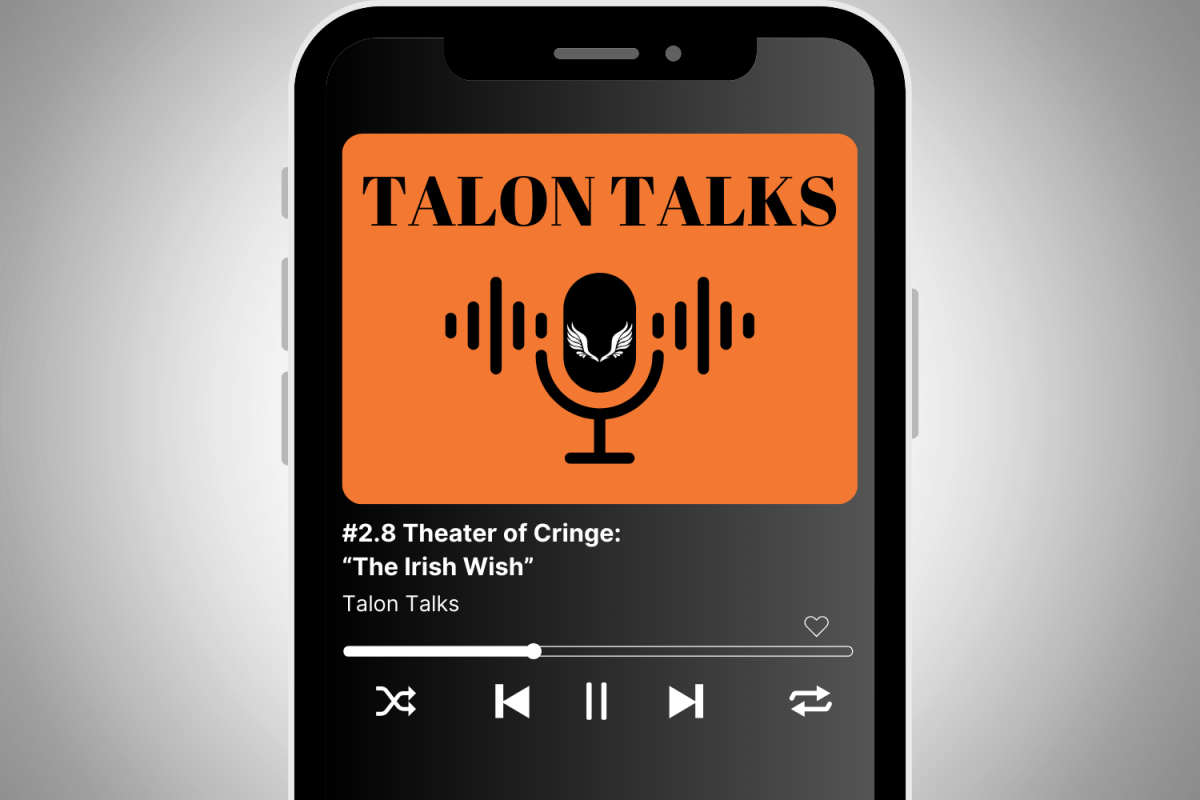“Any sufficiently advanced technology is indistinguishable from magic”, Arthur C. Clarke, Profiles of the Future: An Inquiry Into the Limits of the Possible.
Technology provides society with an insatiable desire to connect and educate through the internet. Some may claim that this appetite is unhealthy, and some see it as more beneficial than harmful. According to Debate.org, around 75% of people believe society as a whole relies too much on technology to succeed. But why would it be an issue originally? What makes technology addictive? For those who see technology as addictive and time-consuming, it is easier to blame younger generations for leading on its overuse. However, approximately 70% of senior citizens are now connected to the internet. Popular media platforms and news sites are appealing to those older people because of its connectivity to their family and the outside world; they were the ones who had to get all their news from the newspaper or radio, which was never as instantaneous. No matter the age, the connectivity social media offers is the most popular reason to stay connected in the Age Of Technology. However, younger generations also use these kinds of platforms for schoolwork as well.
The progress education has made since technology became widely available greatly benefits students and their learning capabilities. This makes advanced education more available to those who otherwise can’t access it. Online classes, student research tools, etc become widely available for everyone with access. However, not all the pros outweigh the cons. Not everyone can afford the widespread tools available. This can harm academic performance in students. For instance, if a student cannot have access to those materials they need to succeed in certain classes, their opportunities are more limited than other students. They miss out on fulfilling their abilities academically.
Social media platforms have a knack for making the world seem smaller than it really is. In a way, this is true. Humans and society as a whole are much more connected than they used to be. Platforms like Facebook and Snapchat connect people across the world. News sources connect people to what is going on in the real world and inform them of important and relevant events. But that also means we are more susceptible to being hurt by others who hide behind screens and brushing off world events because our worldview has diminished greatly.
There are also health risks that an addiction to the internet can cause. Social media platforms are easily accessible to toxicity such as bullying and grooming. It is much easier to say things detrimental to others’ well-being behind a screen anonymously than in real life. Media gives students a false sense of relational security as they communicate with people they do not know. This opens up opportunities for stalker situations through the connectivity of the internet. The speed at which the internet moves offers everything a teen might be looking for available within seconds, encouraging an unhealthy desire for instant gratification. Sleep can also be majorly affected by the overuse of technology. The blue light emitted from phone or computer screens can be damaging to eyesight, as well as the temptations of staying up until unhealthy hours on the internet. All of these can affect performance in school, sports, extracurriculars, and damage the overall health of teenagers.
Society has a desire to connect and educate. In a new Age of Technology, it occurs through the internet. Some may claim that this is an addiction and is unhealthy, and some see it as more beneficial than harmful.



